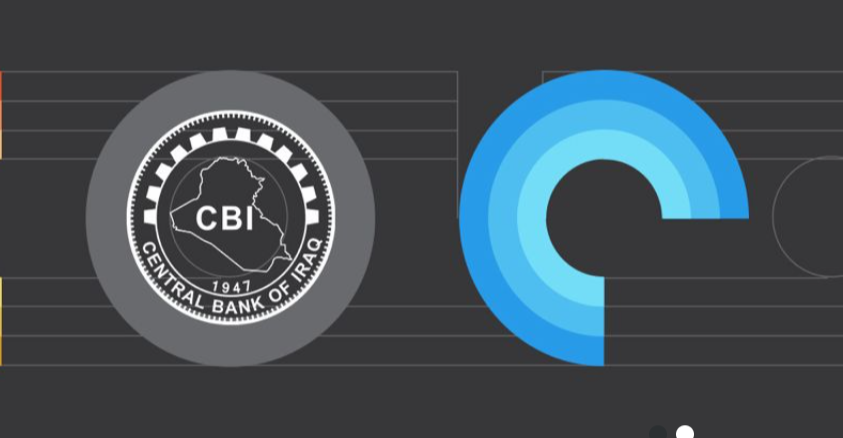Iraq has significantly cut government spending in a move that signals deeper budgetary adjustments. The latest financial data reveals that public spending declines in Iraq continue for the second straight month. This development reflects both economic caution and ongoing fiscal management efforts.
In April, Iraq’s government spent 9.49 trillion dinars. This amount shows a decrease from March’s 10.17 trillion dinars. The drop marks a 6.69% reduction month-over-month. Even more striking, this number reflects a sharp fall from the 12.07 trillion dinars spent during the same month last year.
The Central Bank’s figures confirm that public spending declines in Iraq have become more visible across various government sectors. These reductions may aim to control inflation, ease pressure on reserves, or realign the national budget.
Spending cuts did not affect the country’s internal debt, which stayed the same as in March. Iraq’s domestic debt remained at 58.54 trillion dinars. However, compared to last year, internal debt grew by 11.13%, rising from 52.67 trillion dinars.
Although domestic debt levels stayed constant from the previous month, the annual increase indicates Iraq’s continued reliance on internal borrowing. This approach suggests the government is trying to fund essential services while minimizing external debt exposure.
Still, the government’s ability to manage public resources will face increasing scrutiny. With oil prices fluctuating and political tensions continuing, Iraq must find new ways to finance its operations efficiently. The fact that public spending declines in Iraq are becoming more regular could signal tighter financial planning and more conservative budgeting strategies.
On one hand, cutting government spending helps preserve financial stability. On the other hand, it can lead to delays in public projects or reduced services. Therefore, authorities will need to balance fiscal responsibility with public demands.
Furthermore, these budgetary adjustments might indicate Iraq’s preparation for future economic reforms. Transparent financial reports and consistent data releases also help build trust among investors and international partners.
In summary, public spending declines in Iraq are now part of a growing trend. These efforts could boost long-term economic resilience if combined with sound economic policies and better governance.


